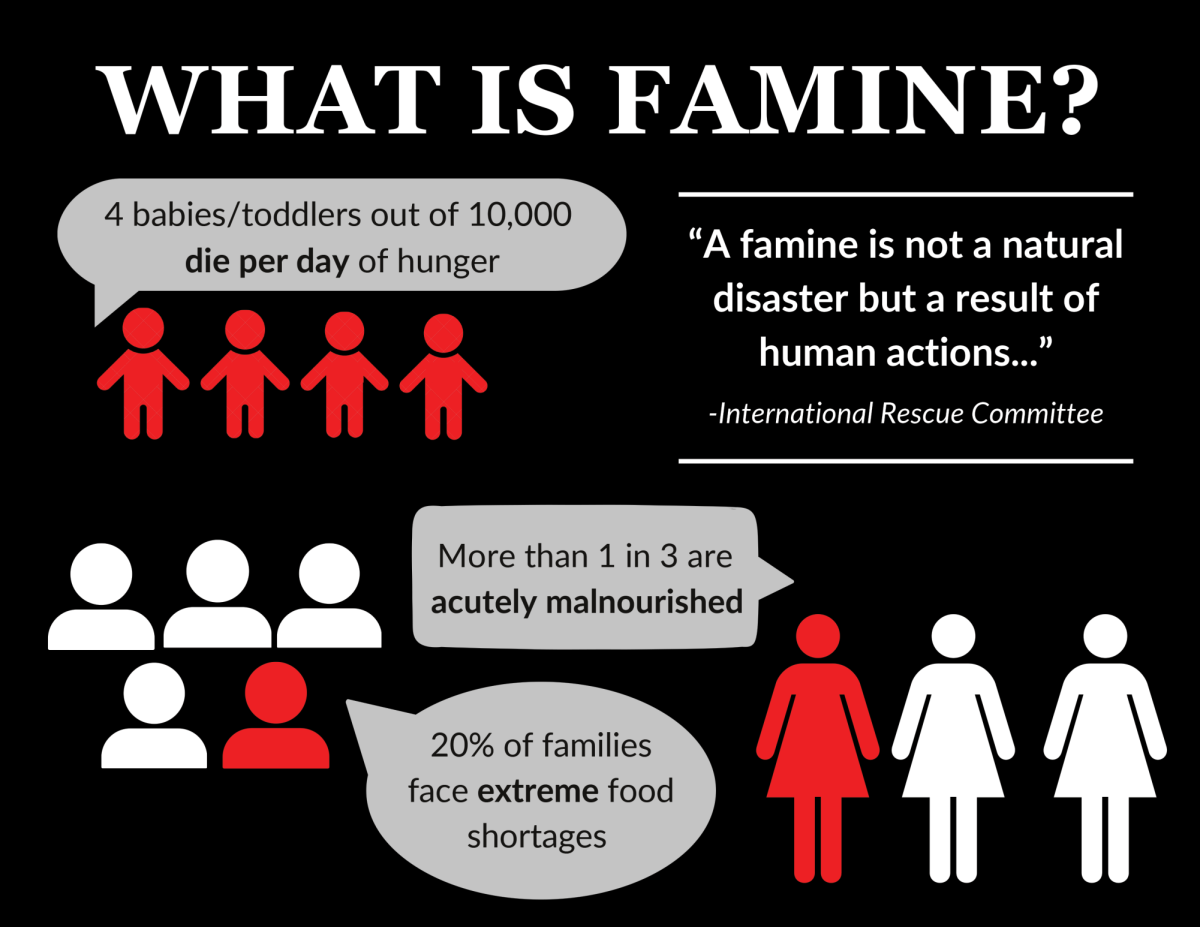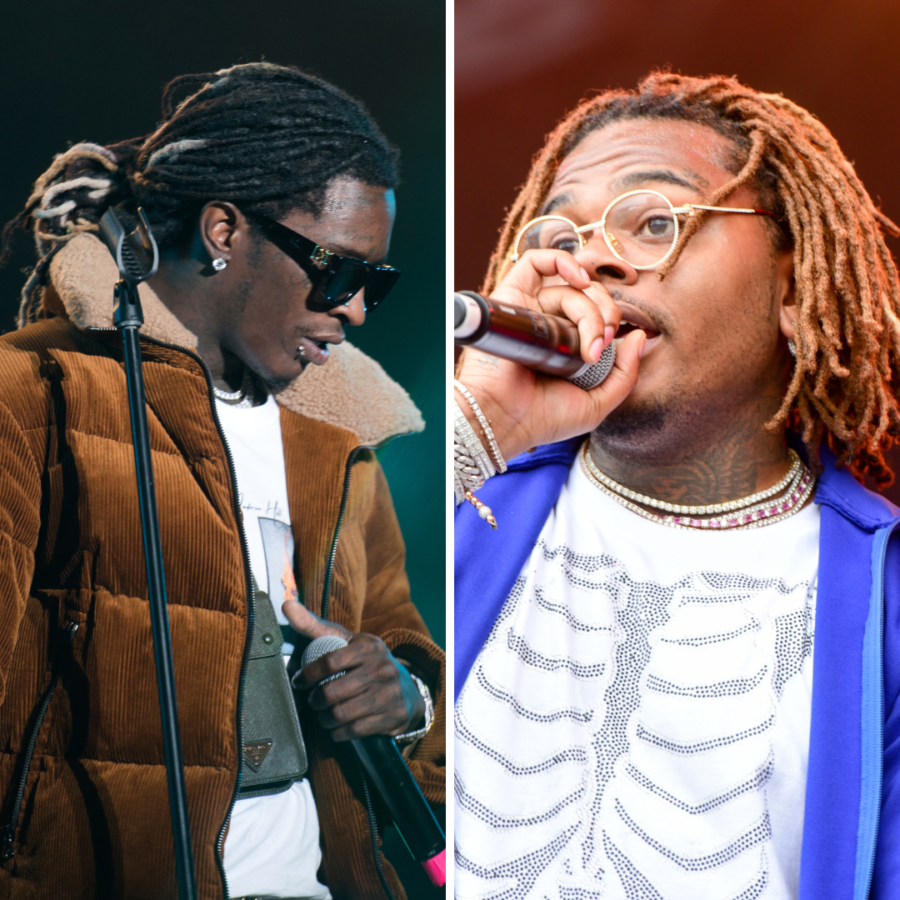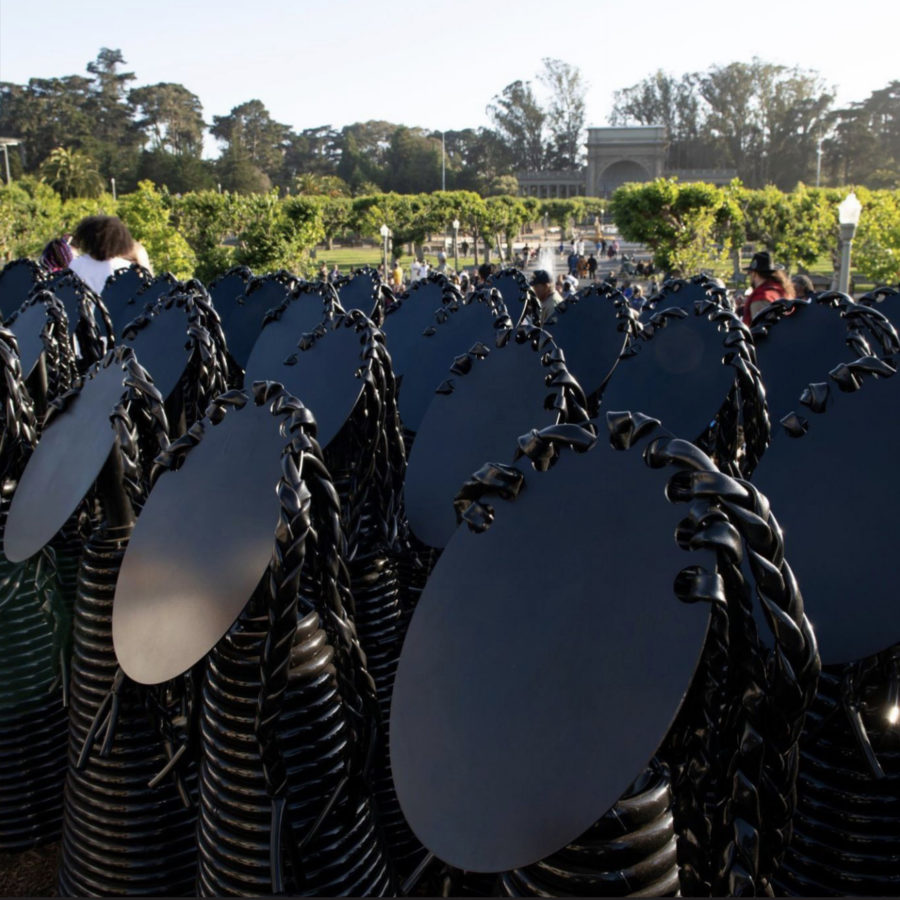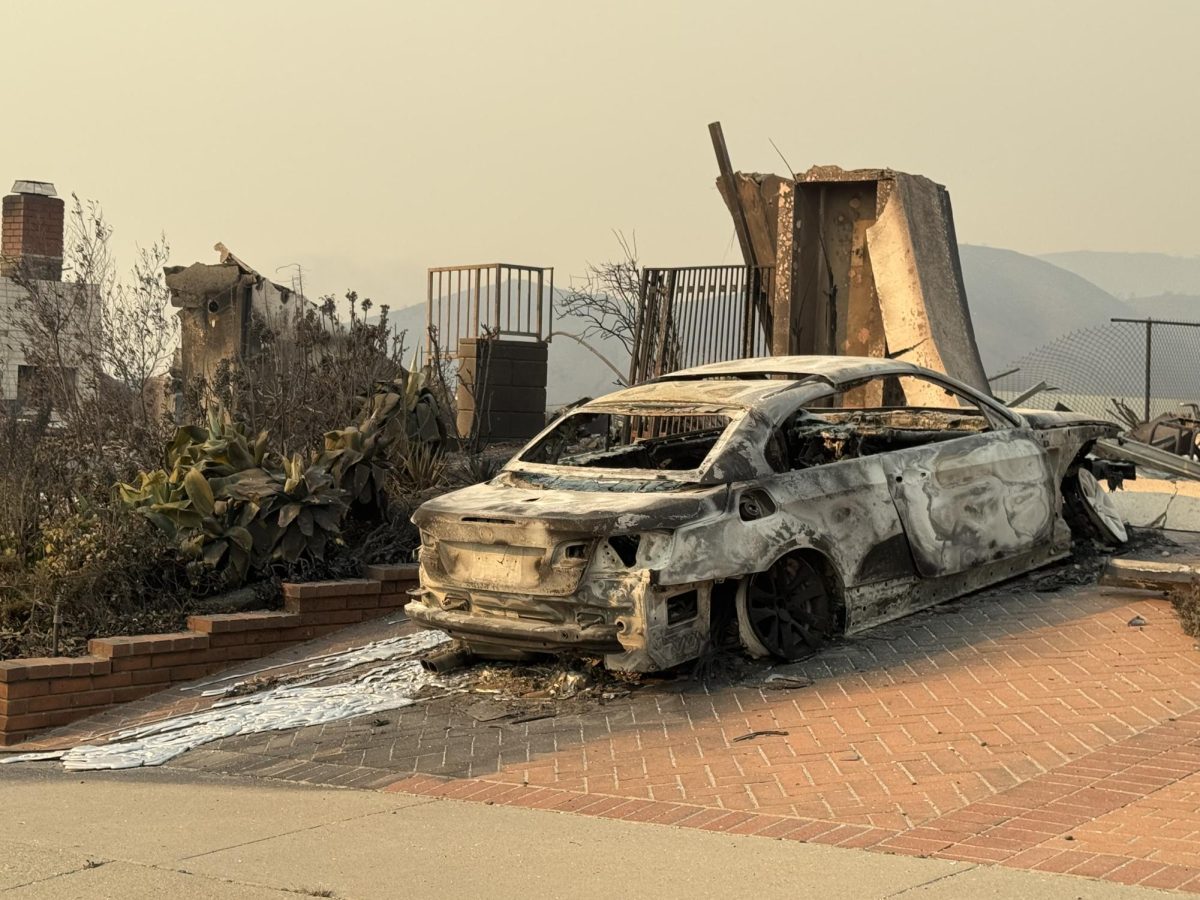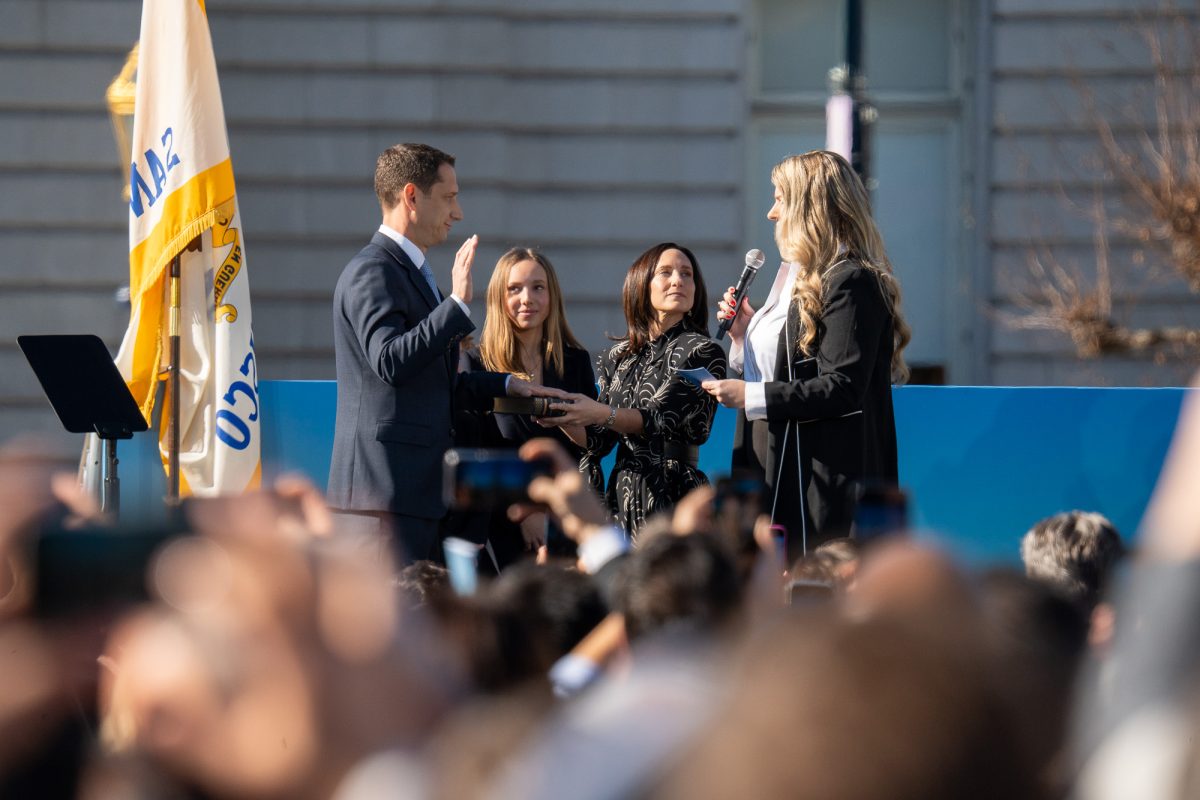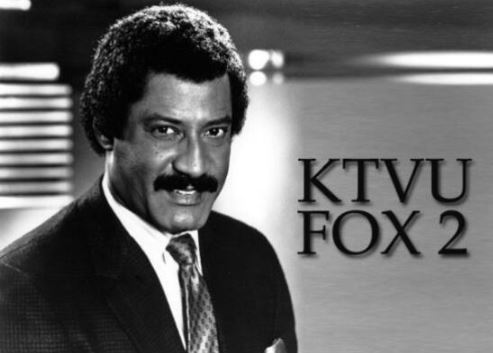On May 25, George Floyd was buying cigarettes from Cup Foods in Minneapolis, Minnesota. Minutes later, as Floyd was about to get into his car, he was arrested by the police, accused of apparently using a counterfeit $20 bill.
Floyd showed some resistance towards the officers, and right about when he was going to get into the police car he fell on the ground. Moments after the fall, he was pinned down under officer Derek Chauvins’ knee, as shown in a widely distributed video.
He repeatedly cried out for the officer to stop, pleading, “I can’t breathe.” Pedestrians walking by saw this and started to record the incident on their phones.
Floyd was under the officer’s knee for 8 minutes, 46 seconds. Floyd was taken to the hospital, where he died an hour later. The videos of Floyd circulated quickly over the internet, and soon a new demand for social justice arose.
Days later, protests in Minneapolis broke out in the name of George Floyd and soon, there were protests happening across the whole nation. Terms like “I can’t breathe” and “no justice, no peace” were being chanted everywhere.
The protesters demanded justice for Floyd and that the officers involved face the consequences of their actions. There were many peaceful protests regarding the BLM movement and George Floyd. However, there were also some that resulted in rioting and looting. Many have different opinions on whether the riots were necessary or not.
Justin Samniego ’22 stated, “I believe these protests are good because it is allowing change to happen. Riots are the result of the police brutality and people are furious about the police brutality and racism that has been going on for years and years.”
Elci Cortes ’22 said, “I support the Black Lives Matter movement fully. Besides the looting, I support it ALL. When MLK Jr. was assassinated, there were riots, too. Silence can speak volumes, but some people don’t see it that way. Seven percent of protests turned to violence and some of them were started by non-protestors. The riots were a very public minority, which made others feel this was the whole movement.”
However, peaceful or not peaceful, protesters were still met with tear gas, physical violence, and even arrests.
Floyd’s death caused a spark in the social justice movement, but why? There have been many before and after George Floyd who have died due to injustice, racism and police brutality. Some who haven’t gotten close to justice.
Nailah Reynolds ’22 said, “I feel like his death was like the breaking point in a way, especially since COVID is going on, people are becoming more aware about issues in the Black community and how poorly we’re treated.”
History Teacher Cory Nelson said, “I think that the tragedies of George Floyd, Breonna Taylor, and Ahmed Arbery are very tragic. Their deaths impacted the BLM movement to rally people that might not have been supporters and gained more momentum to make strides towards equality in the United States.”
Still, there is no denying that George Floyd’s death caused a renewed movement for social justice. With this generation already as aware as it is, because of George Floyd many have spoken up and used their voices to make a change. Some even used social media platforms to spread awareness about inequality and the issues the Black community has been facing for many years. Also, with our digital environment today, information is spread quicker and more efficiently, making it so that everyone has access to educate themselves about social justice issues.
So, what is next for the movement?
Reginald Brown ’22 stated, “I think the BLM movement is going to keep doing what they have been doing for years, which is striving for racial equality and to make the world a better place.”
The death of George Floyd, and the many others, has caused an increase in awareness for those who are willing to make change, with education being in the forefront of the movement.



